‘Cost is a crucial factor’: Aussie business owners reveal why their products are made in China
Two business owners have opened up about the “stigma” associated with getting products made in China, exposing Australia in the process.
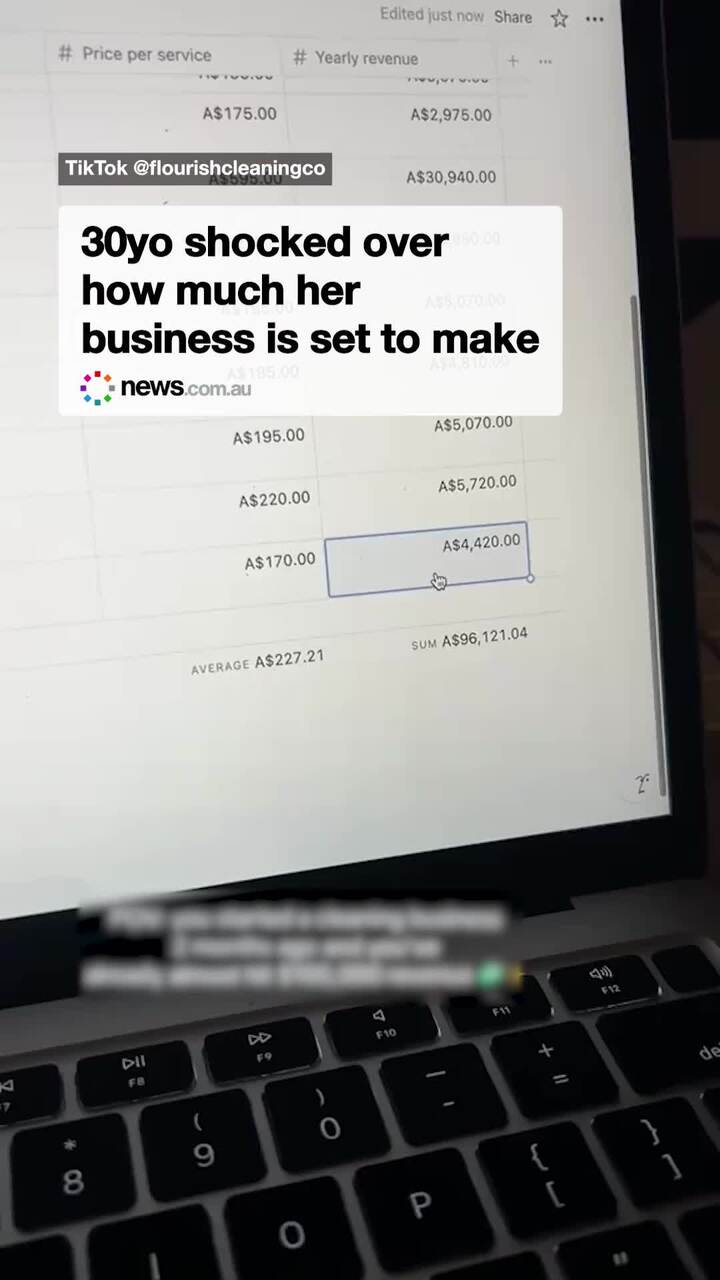
Small Business
Don't miss out on the headlines from Small Business. Followed categories will be added to My News.
Two Aussie business owners defended themselves against the “stigma” of having their products made in China, exposing a huge issue for Australia in 2025.
Alexandra Pappas, 36, is the founder of statement homewares company No. 22 Home and she’s found it impossible to get her products made in Australia.
“We have found that producing our products in China costs, on average, around one-third of what it would be to manufacture the same products in Australia or other regions,” she told news.com.au.
“As we look to develop a new range of glassware, the quotes we have received from Australian-based manufacturers are significantly higher than those from Chinese factories.”

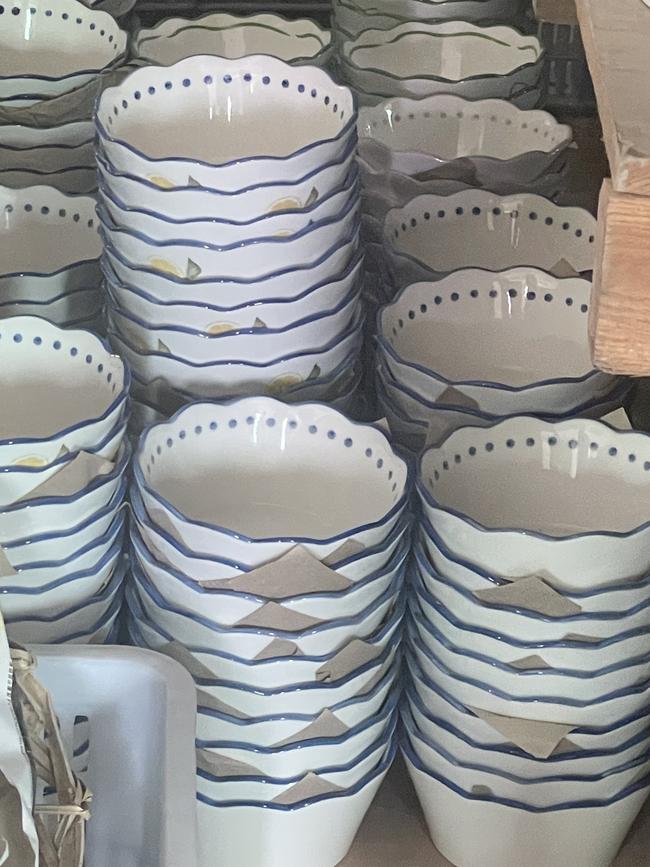
Mrs Pappas argued that “cost is a crucial factor” in decision-making, and if it costs more to make something, ultimately, she has to pass on that cost to consumers.
Her focus has to be on keeping the business profitable.
And Aussies might like to say they want things made in Australia, but do they want to pay inflated prices?
It is a question that Mrs Pappas isn’t prepared to risk asking her customers.
“For example, we are currently collaborating on a limited-edition collection with a specialist factory in Greece,” she said.
“The production costs for this collection are approximately four times higher than our core range. As a result, this collection will be positioned at a premium price point in order for it to be feasible and successful for us.”
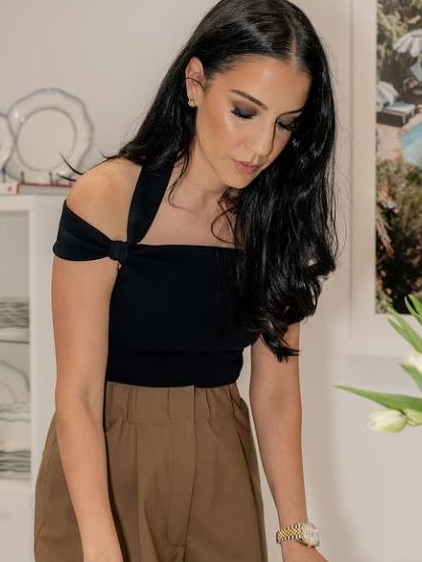
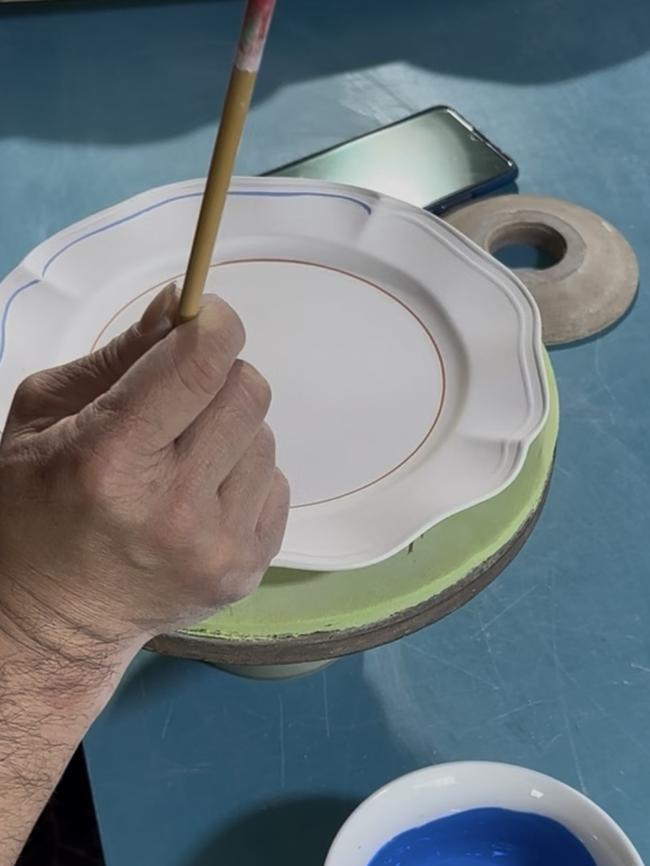
The business owner argued that getting stuff made in China isn’t just a money-saving technique — it’s also a great place to have products made.
“China offers world-class manufacturing capabilities, particularly when it comes to producing high-quality ceramics at scale,” she said.
“The factory we work with is home to highly skilled artisans who have crafted for some of the world’s leading lifestyle and homewares brands.”
Mrs Pappas argued that there’s still a stigma when someone hears something is “made in China”, one she disagrees with.
“There is still a misconception that manufacturing in China equates to lower quality,” she said.
“Many of the best lifestyle products are produced there because of the unmatched craftsmanship, access to materials and capacity for consistent, high-volume production.”


Tina Grasso, the founder of underwear brand ChouChou intimates, has a similar perspective, but her decision stems from what she couldn’t find in Australia.
“Choosing to manufacture in China isn’t just about lowering costs, it’s about accessing a level of craftsmanship, technical capability, and scalability that’s incredibly hard to find in Australia,” she told news.com.au.
“Locally, I am yet to find a factory equipped to handle the kind of specialised work we do at the scale we do it, especially when it comes to lingerie or detailed garment construction.”
Mrs Grasso, 30, said that while “manufacturing offshore does offer cost efficiencies,” she believes the real value comes from the makers there.
“The real value is in working with partners who understand our product, share our quality standards, and can support our long-term growth,” she said.
“We’ve built relationships with trusted suppliers who are experienced, ethical, and deeply skilled in their craft.”
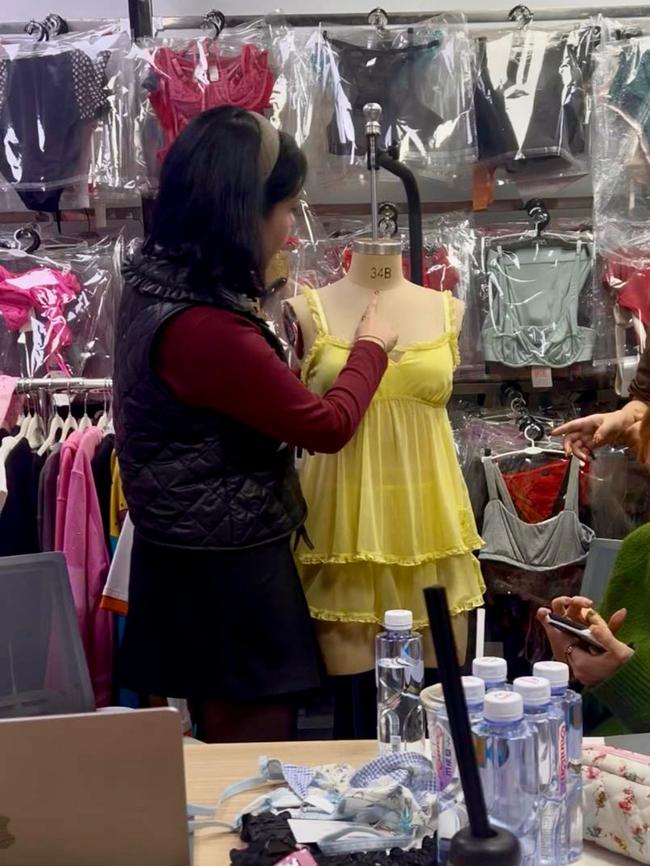
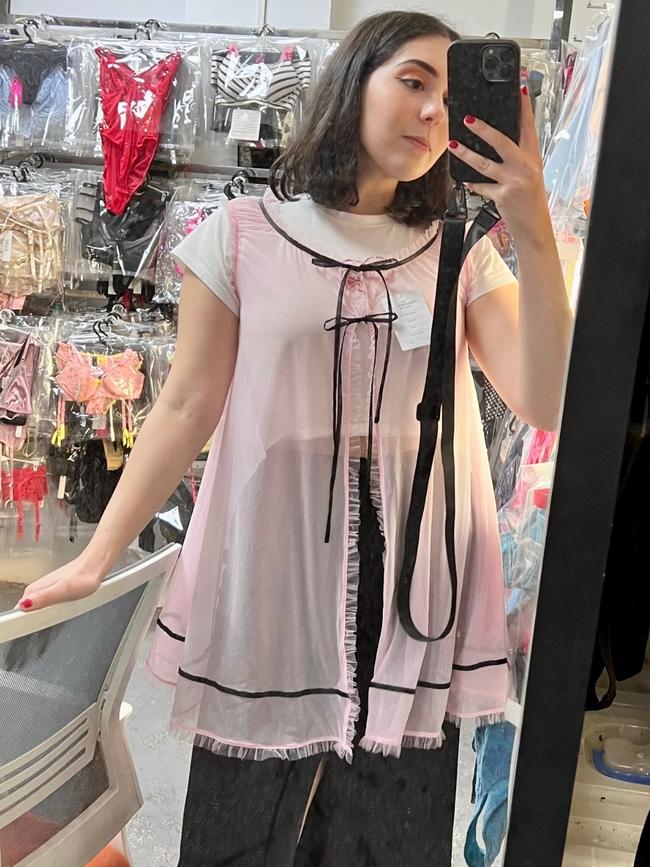
Before she started manufacturing her products in China, quality was her “biggest concern,” and she wanted to make sure she understand exactly how the process would work.
“Before committing to any purchase orders, I physically went and visited the production sites, requested multiple samples, asked for and reviewed all their audits and certifications,” she said.
Despite how much she can justify her decision to manufacture her brand offshore, she knows it comes with criticism.
“There’s still a lot of outdated stigma attached to ‘Made in China,’ especially in fashion,” she said.
“I think brands hesitate to talk about it because they fear it might dilute their perceived value but the truth is, where something is made matters less than how it’s made and who you’re working with.”
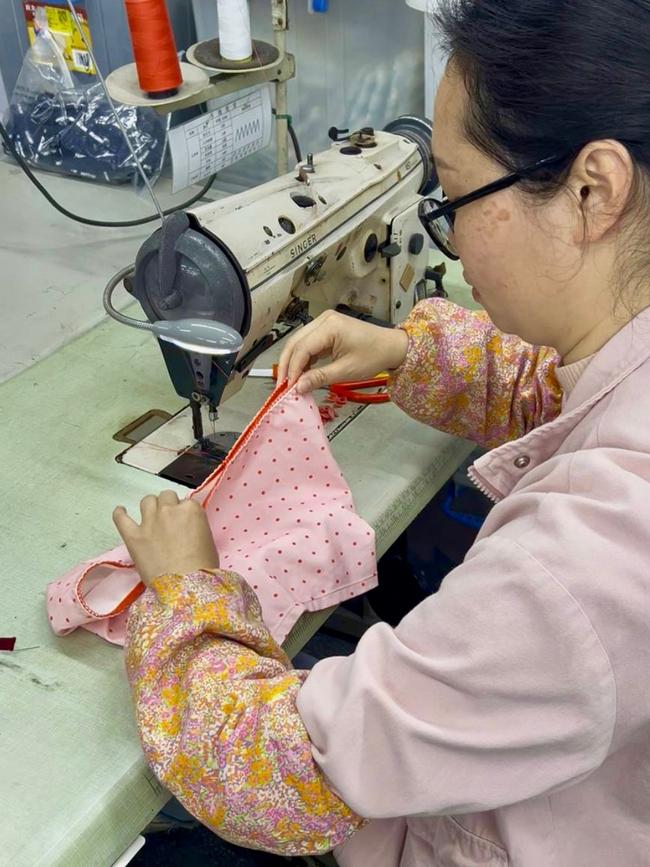
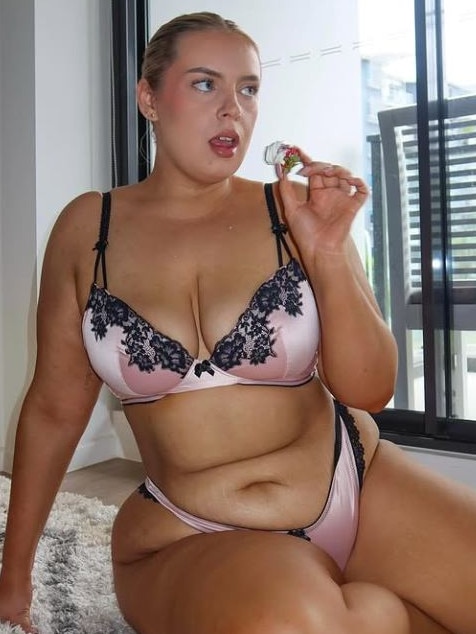
At the end of the day, though, the business owner simply couldn’t find a local supplier in Australia who could meet her needs.
“Especially since lingerie requires specialised machinery and technical expertise. Beyond that, finding enough skilled seamstresses to produce at scale, particularly in NSW, would be incredibly difficult,” she said.
“Based on my research, if we were to factor in local wages, limited access to materials, and smaller production runs, I estimate the cost would be at least 60-70 per cent higher than manufacturing in China.”
That reality means that once she crunched the numbers, there was no way she could afford to make her lingerie in Australia.
“At that cost, even with minimum margins, the retail price of our garments would be pushed beyond what most customers are willing to pay — making the product commercially unviable,” she said.
“The difference isn’t just about saving — it’s what enables us to reinvest into quality, sustainability and storytelling while keeping our pieces accessible.”
Originally published as ‘Cost is a crucial factor’: Aussie business owners reveal why their products are made in China





